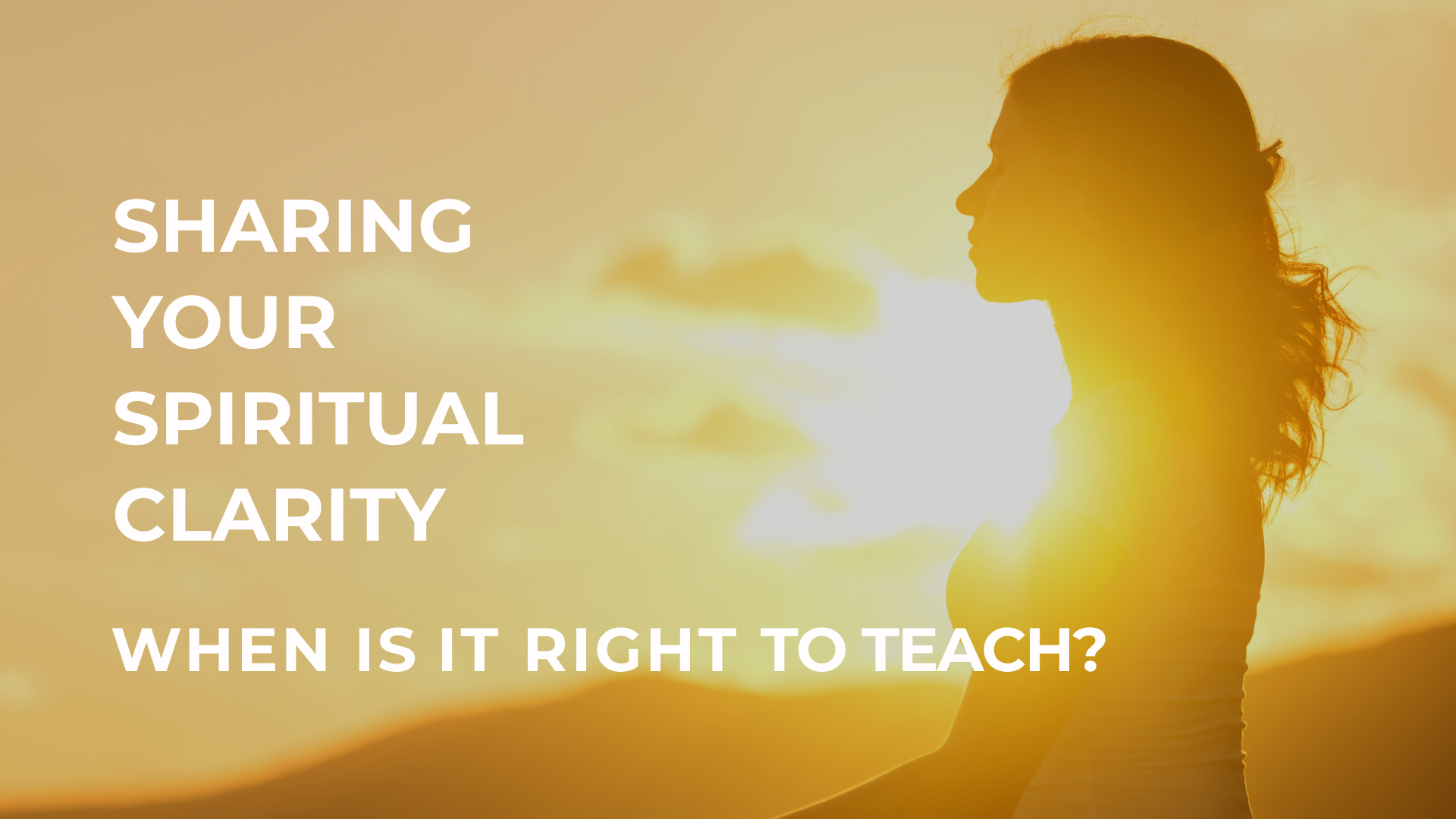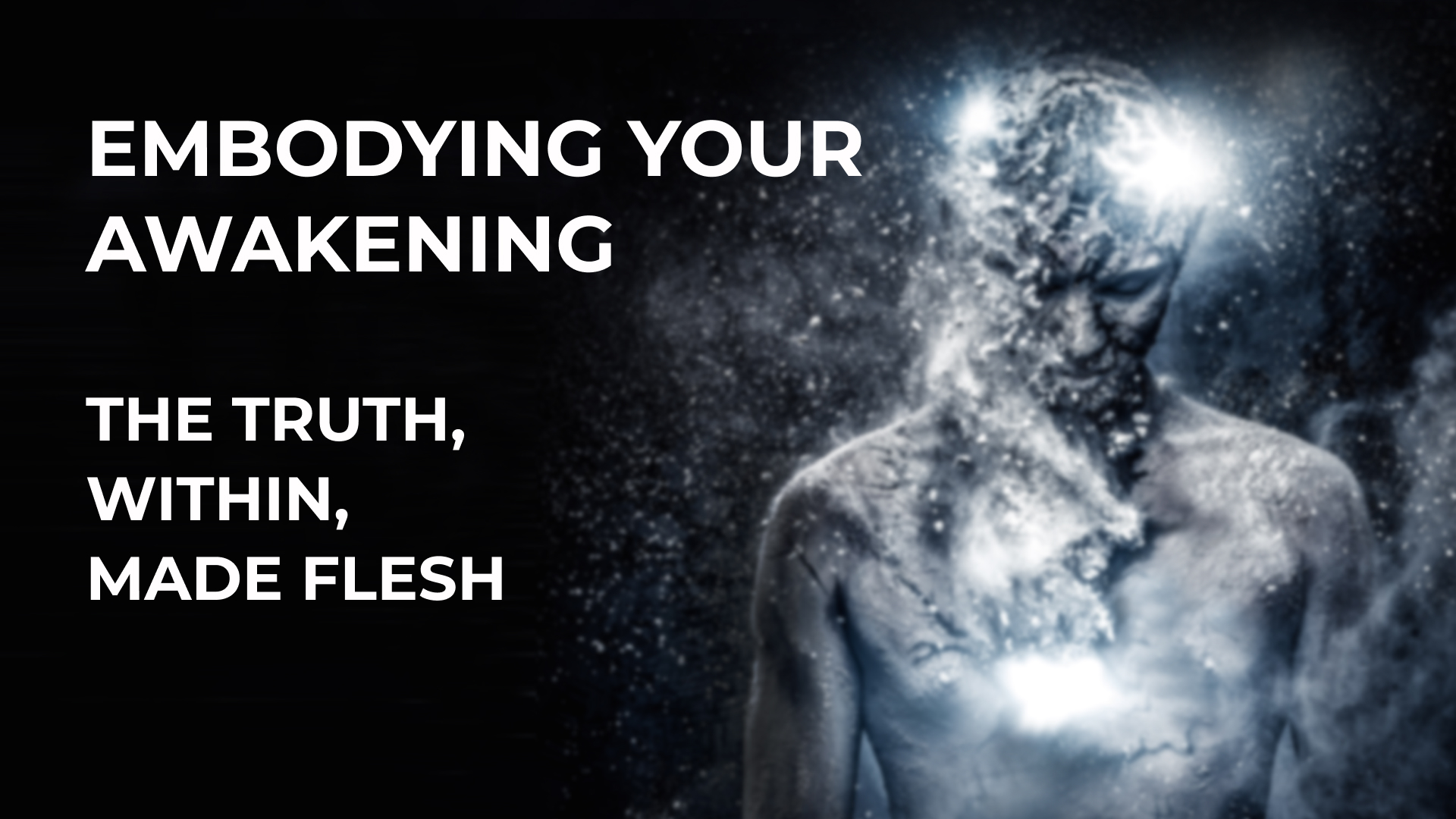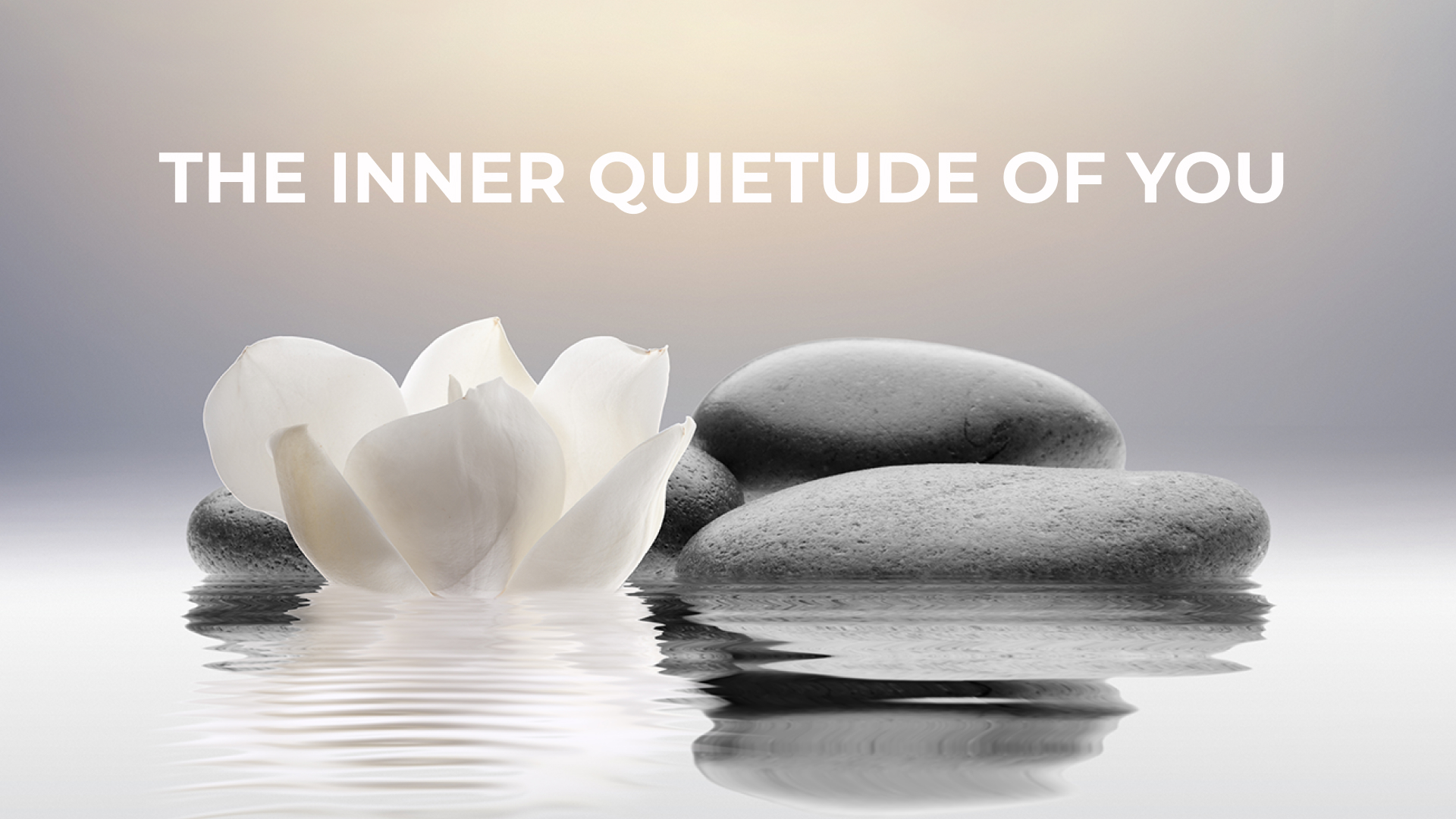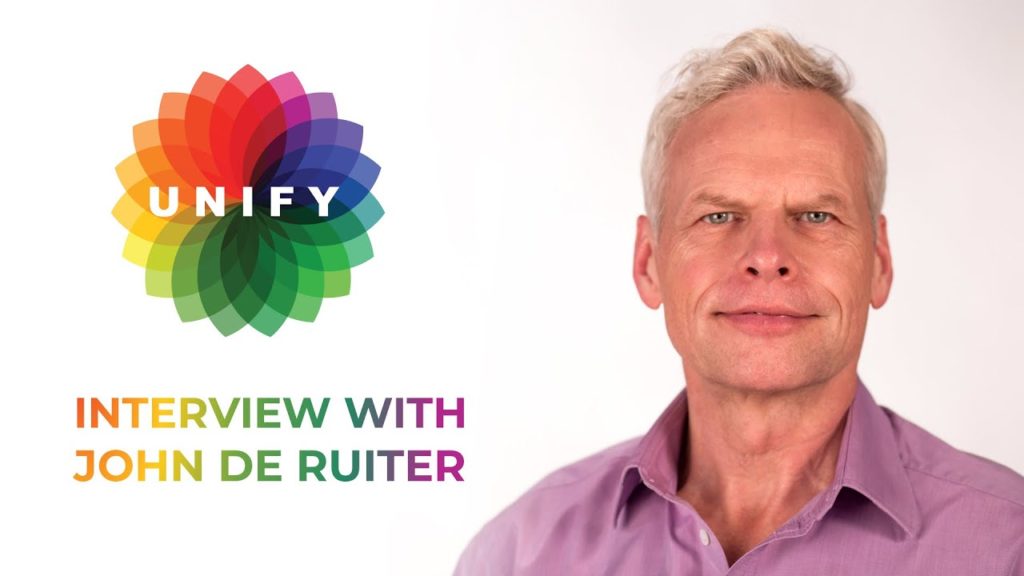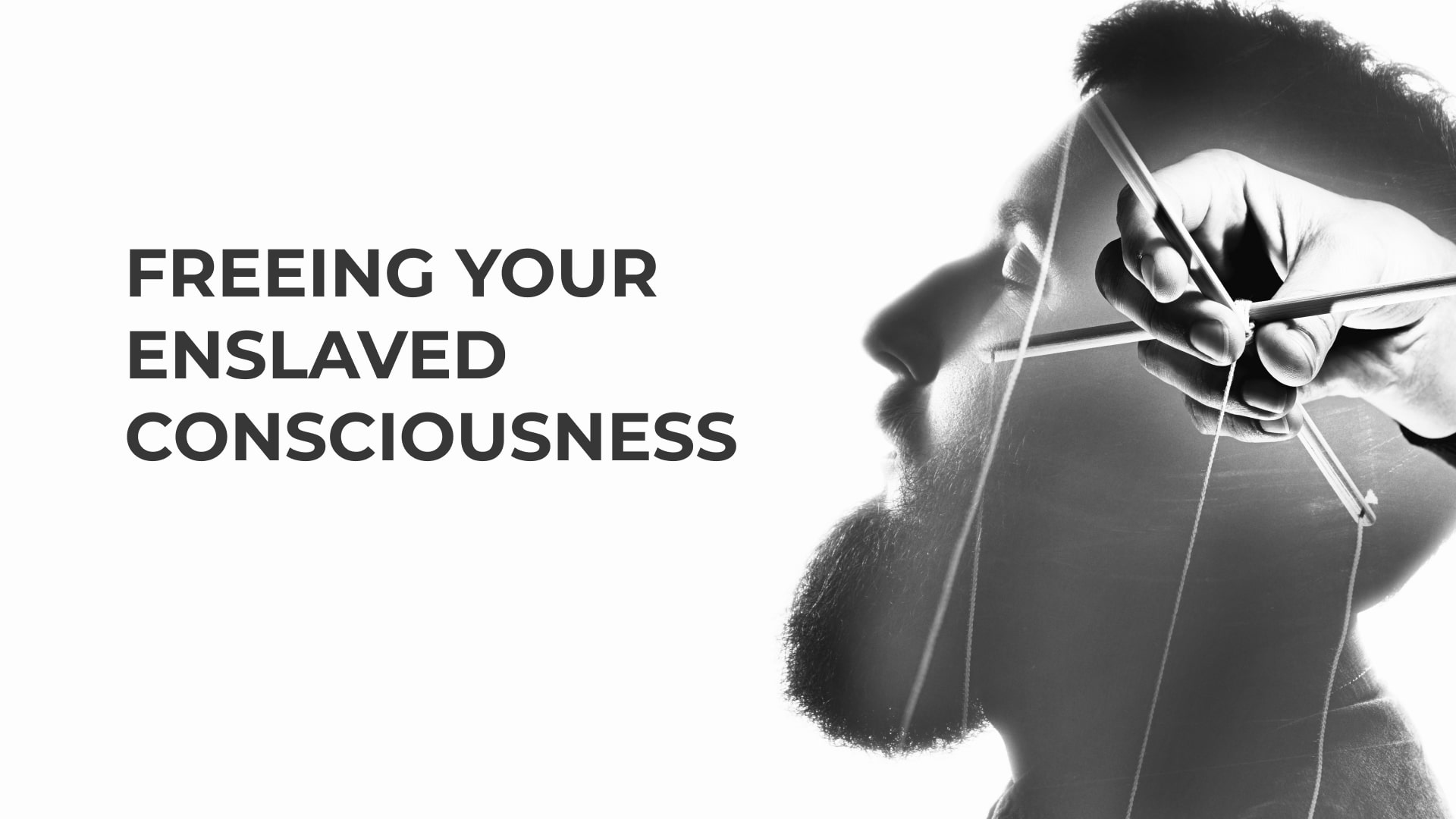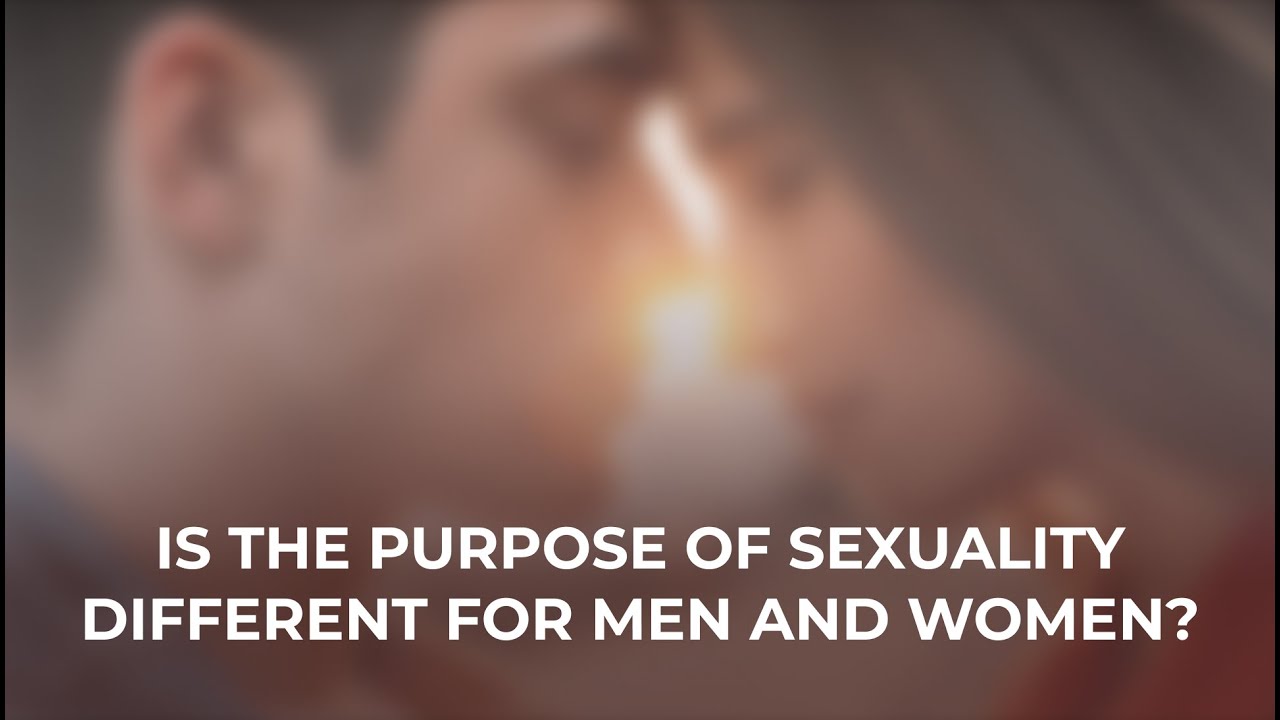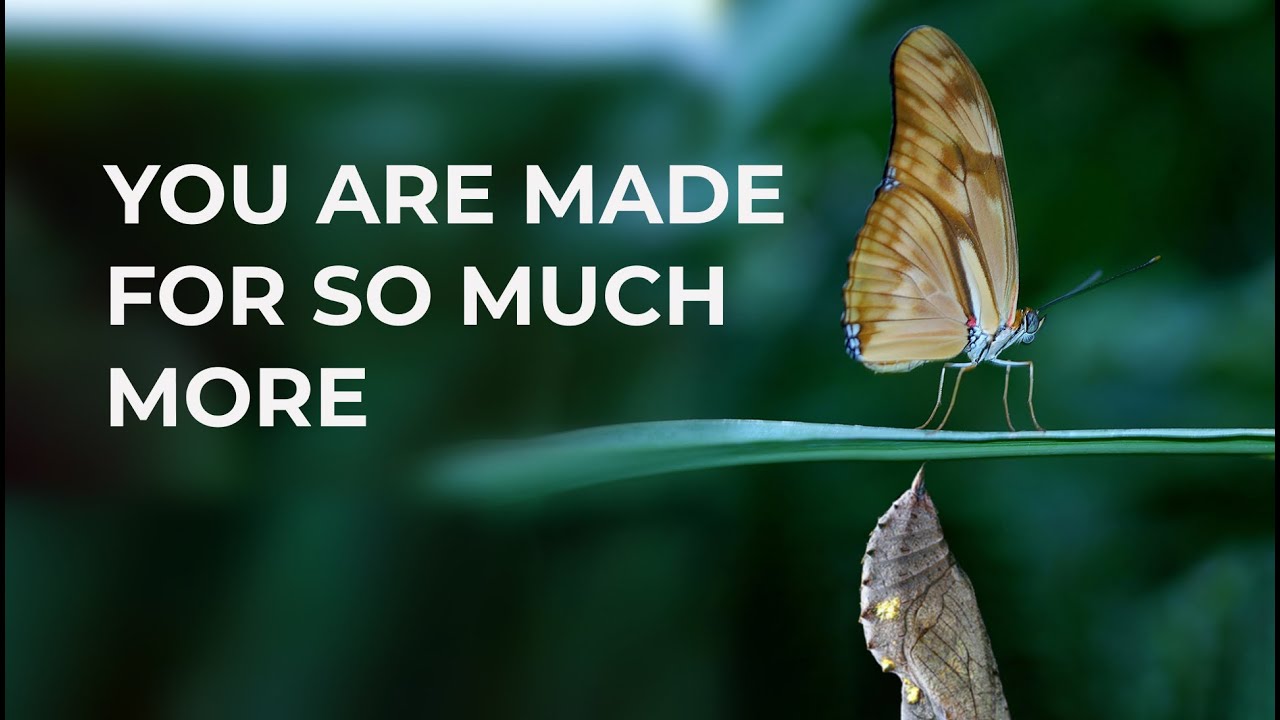Questioner: It’s been four months that my dear husband is in coma in hospital, after falling on his head; four months that I’m taking care of him and my children and my self; four months since my eyes and my heart opened like they never opened before. And I am in a big enormous grace and wisdom that came inside of me and an enormous pain and fear next to it, of losing and loss. And understanding that nothing will be the same anymore, and I cannot know what will happen next. It’s like two realities. One is very high and amazing, amazing, pure love, especially when I’m next to Alon , holding his hand, looking in his eyes, connecting to his being like I never been before. And there’s another reality of being a mother for two little children who are missing their father a lot, and to become a new mother to them and a new person in this.
John: First, it’s not that they’re missing their father a lot. First, it’s that there’s a lot with their father that they’re not seeing, that you are seeing. You are their mother, seeing what they’re not seeing. And you’re able to give that to them without using that to console how they’re feeling. It isn’t to make them feel better. It isn’t to make up for losing their father. It’s that you bring them right into your seeing, so that they are then in a deeper level of reality in their relationship with their father, instead of just affected in their self, that no longer has what they’re used to.
Q: It’s so painful though. It’s pure pain.
John: For the part of you that isn’t fully in your seeing. When you are in your pain, because of how your children are affected in losing their father and missing their father, you are guiding them into their pain. But, when you are fully immersed in your deeper level of seeing, your deeper level of connectivity that doesn’t show on the surface in your relationship with your husband, when you’re immersed in that, alive in that, then that is what you are conveying to your children. It’s not that you’re dismissing their pain. It’s that you’re answering something very other than their pain. You’re speaking to them. You’re really seeing them. You’re not in relationship with their pain. You’re in relationship with them. That eases their stance in their pain. Their perspective, that creates their pain, relaxes, because you’re living with them from within the much deeper perspective than what they’re understanding, but they see it in you. When you are in pain because you see their pain you elevate their pain; you confirm their beliefs about their pain; you confirm their perspective that creates their pain, instead of you taking them into a deeper level of reality, one that you know and you’ve seen. And you take them into that in such a way that it begins to build a different perspective in them, without you addressing their pain. If you address it you feed it. If you address this deeper level in them you’re feeding something they’re not used to. You’re feeding something in them that’s new, and it reaches them, because it’s real. Then you are, in a very deep and a very real way, walking them through this whole circumstance, giving them a lived in perspective of reality that’s uncommon, that will stay with them for the rest of their life. You’re showing them how to see differently. You’re showing them places to come from, within, that is so different from their pain. You’re answering them. You’re actually reaching them. You’re enabling them to make a deeper level sense of this circumstance that they’re in.
Q: That’s amazing. That’s amazing, what you’re saying now. And it’s there, almost most of the time. It’s really hard job sometime to handle everything in the physical world, being so tired of driving and doing this and doing that and being patient and holding this picture…
John: You’re holding way too much.
Q: How can I let go?
John: To begin with, by not being tired with driving; that instead, the driving that you need to do regardless of what that costs you in your life, that that driving is okay with you. It isn’t tiring. It’s okay. All of the extra things that you need to do now, all of those things are okay. When they’re okay, they’re not tiring. When you make them not okay, you artificially add to weight that you’re carrying, and it’s not real weight.
Q: It’s so true. I mean I have so much guilt for, let’s say, just seeing my kids from four afternoon or five afternoon, day after day. I used to spend with them all day. It’s not possible now to do something else, and the weight is that. It’s the guilt of how, maybe, their life are now a mess.
John: So now you live, giving them your guilt. You and your children are in a complete change of circumstances. If you’re not able to give them what you used to give them, because you’re so busy taking care of your husband, all the extra travelling, all of the extra responsibility, then what time you do have with your children, you’re giving from a richness in you, not a lack. There isn’t any room for you to feel guilty. There’s only room for you to give goodness to them. Everything is different and goodness flows. And where they don’t see it, you show them. When they don’t understand it, you explain it. But, because you are that goodness that flows they can hear your words. They can hear your explanations, because you’re not speaking to their mind, you’re reaching, nurturingly, right into them. So their experience then is that they have never known such love from you until this circumstance. So they experience what it’s like when goodness is in hardship, that goodness flourishes in hardship. Hardship doesn’t strip away goodness from their life. Hardship makes goodness grow differently. That’ll be their experience of you. That gives them a lived in perspective, in being with you, of how to be in hardship. So, for you, in this circumstance, what they are in is love school. In this love school they learn to feel, differently; and to think and see, differently. Your pain and their pain is because of not having a depth of real seeing. You know and you see more than what you live. Register what you know in all of this and what you’re seeing, this new seeing, and live that new seeing with your children.
Q: What about Alon? Is he in pain? Where is he? You saw him three days ago.
John: None of that matters; where he is, is with you.
Q: What is the most important thing I can do for him right now?
John: Let him see that you are not burdened with what’s happened to him. It’s not a weight. It’s not terribly unfortunate. It isn’t bad. And that what he sees in you, strangely enough, is that you are happy without a reason; and that sees him. So, he sees in your eyes and he sees in your face that what’s happened to him is not a problem for you; that all he sees is goodness in you. That goodness is happy. Then he no longer has a wife. He has some kind of angel wife. What you can do for him is that you can be genuinely free of everything that’s happened, genuinely free of how he presently is, and that you are really there.
Q: What I see in your eyes right now is the new reality I have with Alon, is what I see in his eyes, is what I see everywhere. Just to maintain this daily base, it’s very, very challenging. I’m exhausted, physically and mentally. And I’m not.
John: You need to let what you’re coming into this new seeing, you need to let that be your life. Then everything else is the circumstances that this deep inner life is in. You keep registering the hardship, instead of you living, registering this new seeing, this goodness that you know and that you can see. It’s real to you. Let it register everywhere in your body. Let what you’re knowing and what you’re seeing resound in your self, instead of the hardship. You are in a garden that is growing differently now. Tend to your garden and help your family see your garden. When you really see you know that there isn’t anything bad about the circumstance you’re in. It isn’t bad for you. It isn’t bad for him. And it isn’t bad for your children. What they receive from you in that is a depth perspective that nurtures them. They’ll see in you, in how you include them, how to be for the rest of their life.
Q: They are so vulnerable, always, and especially now. I mean, so pure and so vulnerable.
John: Available. They are available for what’s real that is all deeper. If you’re in pain about their pain, you are confining them to the surface. You’re confining them to a very limited seeing.
Q: How to do the opposite, practically, daily? What are the words? What?
John: First that they really do see you opening; it’s your living, opening in all of this, that invites them to open. Their pain is that they are closing. They’re closing because of their loss, instead of the loss introducing them to a depth of openness they’ve never known before. They can see it in you if you’re being it, if you’re living it. Then they experience that, in the midst of loss, a completely new kind of goodness opens. They see you coming into a depth of balance. For children, that is most alluring, most attractive. It draws them. It draws them because it’s real. If you introduce your children to this new garden that’s growing in you, as you introduce them to your garden they get to know their being. As their inner eyes open, then when they see him, they’ll be able to see his garden. Instead of seeing what is not there, they’ll be able to see what is really there. There’s nothing wrong with his garden. There isn’t anything missing in his garden.
Q: Is there something new?
John: Yes. And you can see it in his eye. I could see his garden in his eye, and you can see his garden in his eye. He didn’t have that before. He is, in a way that he wasn’t before.
Q: I also see fear, and confusion. I’m afraid that it will take his power to heal.
John: If you’re afraid then you are also taking away his power to heal.
Q1: That’s true.
John: It isn’t about him healing. It’s all about this garden in you that you live in that is your life, and the garden in him that he lives in, that he is. And when you see him you are visiting him in his garden. He’ll see that in you. So, when he’s afraid and he sees you seeing something very different in him than what he’s looking at, of his fear, you are bringing him back into his garden. Don’t bring him back into his garden so that will help him heal. Bring him back into his garden because that’s what’s real in him, whether he heals or not. Free him of the burden of healing. Keep letting him see, in your eyes, your garden. He doesn’t need to have his life back. He needs to be in his real life. Don’t overlook his real life because of what is gone.
Q: Say again, this sentence.
John: Don’t overlook his real life. Don’t overlook his garden because of what is gone, because of so much of his life that is gone. He’s better off in this circumstance that he’s in, living in his garden, then for him to have his life back, but he has no inner garden. When you see any fear in his eyes, he’s truly misunderstanding the circumstance he’s in. Let him see a depth of understanding in your eyes.
Q: Thank you very much.


